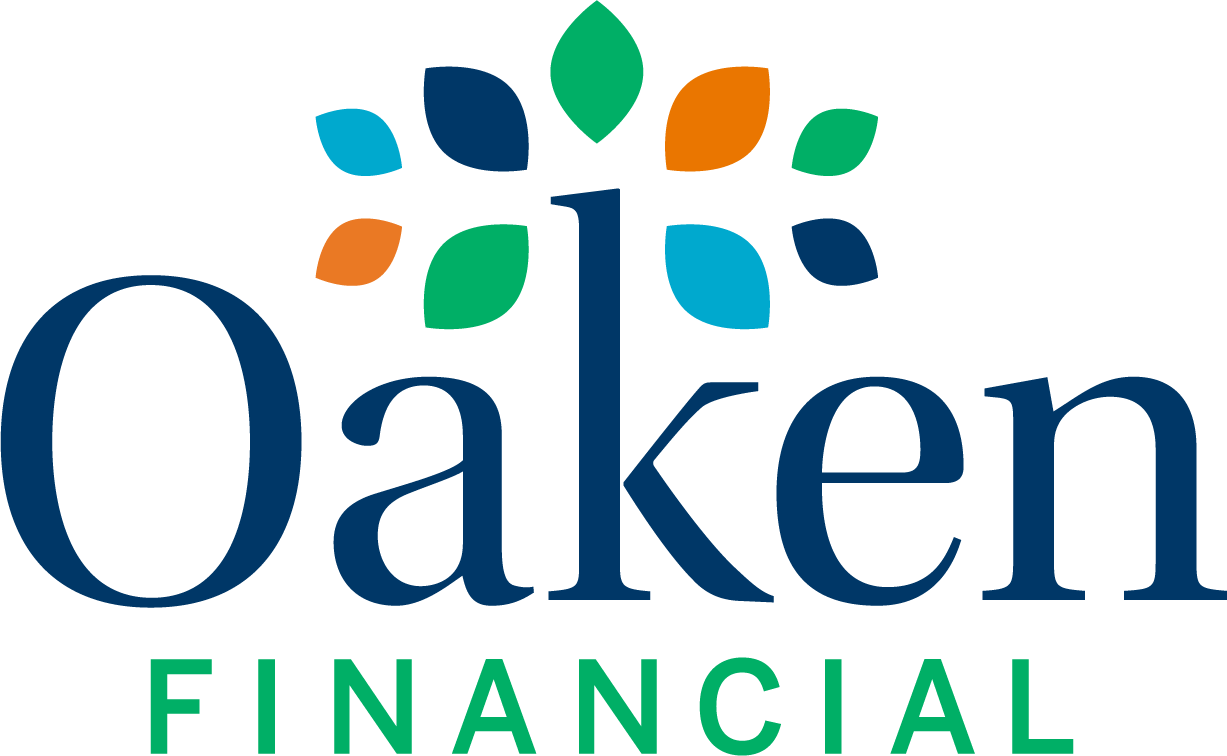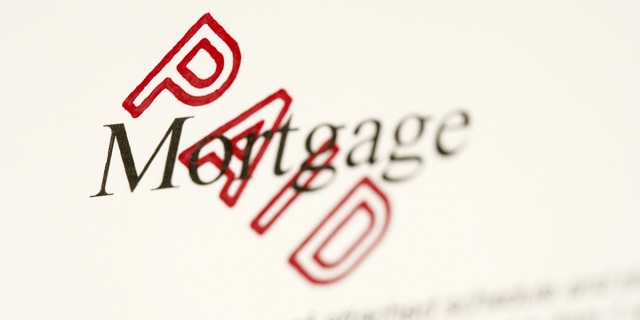Making that last mortgage payment should be a celebration. You’ve likely spent decades paying off your most substantial debt, so there’s no reason why you shouldn’t be excited. Take time to enjoy the moment before the next natural question comes up.
“What now?”
Without a mortgage, your monthly expenses could decrease by hundreds of dollars. That’s a significant sum that makes it possible for you to consider several ways to use that extra money.
Pay off any outstanding debt
If you have any outstanding debt, this is what you need to focus on next. This could take the form of credit card debt or outstanding auto loans, or possibly an existing line of credit.
Eliminating your consumer debt will be much easier since you no longer need to make any mortgage payments. Just make sure you don’t pick up any additional debt now that you have access to more money.
Set a new goal
One trap that is easy to fall into is to treat the money no longer needed to put towards a mortgage as extra disposable income. A better idea would be to set up a new savings goal so you’re immediately putting that “found” money aside for something you’ve been dreaming of.
I’m talking about things such as a vacation, home renovation, investments or even early retirement. It’s also okay to treat yourself as long as it’s within reason. Paying off your mortgage is a huge accomplishment, so feel free to reward yourself. You just don’t want to be doing that every month.
Update your budget
As soon as you’ve set some new goals, it’s time to update your budget Removing mortgage payments from your budget will feel just as good as when you made your last payment. Even with a new goal set, the odds are you’ll still have some extra cash available, so you may want to decide what you want to do with that money.
There’s no need to decide right away, but you may want to set up an automatic transfer to a high-interest savings account for any extra funds that you may have. By keeping it out of your chequing account, you won’t be tempted to spend that money.
Top up your retirement savings
Without a mortgage, it’ll be much easier for you to top up your registered retirement savings plan (RRSP). For example, let’s say you invested $1,000 every month from the age of 50 to 65. When you retire, you’d have almost $245,000 assuming a four percent annual return. That sum doesn’t even include the potential tax return you would get every year, which you could reinvest.
Speak to your financial advisor
A good idea would be to set up a meeting with your financial advisor so they can help you develop an updated financial plan. They may advise you to divert that extra money to other accounts such as your registered retirement savings plan or tax-free savings account. If you’ve been investing regularly in those accounts already, your advisor may also have some other suggestions for you.
Don’t be afraid to talk to your advisor about your goals. With no more mortgage, you may even be able to retire early or work less. Have your advisor project your numbers to see if your goals can become a reality.
Pay for your kids’ education
If your kids are still in school and you’ve paid off your mortgage, topping up their education fund is a great way to spend your money. Whenever you contribute to your child’s registered education savings plan (RESP), the government will match you by 20% up to $500 every year.
Even if your kids are finished with their schooling, you can help them out by giving them money to pay off their student loans. You won’t get any tax breaks, but I’m sure your child will love you even more for the donation.
Final thoughts
Paying off your mortgage is one of life’s most significant financial milestones, but your money journey doesn’t end there. What you do next with your cash can make a huge difference in your life or the life of others. Be smart with your next move and don’t rush anything.



 Saving strategies
Saving strategies